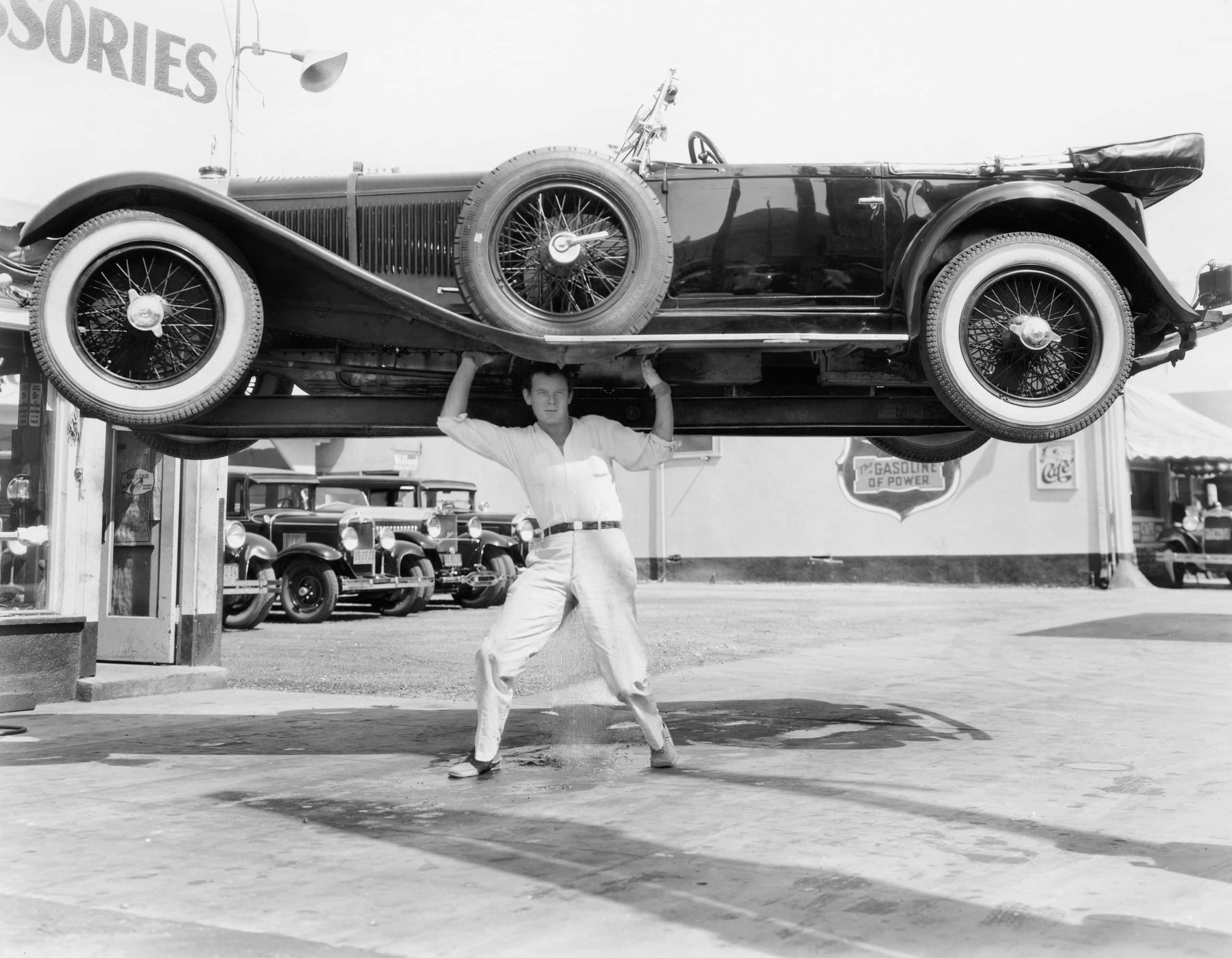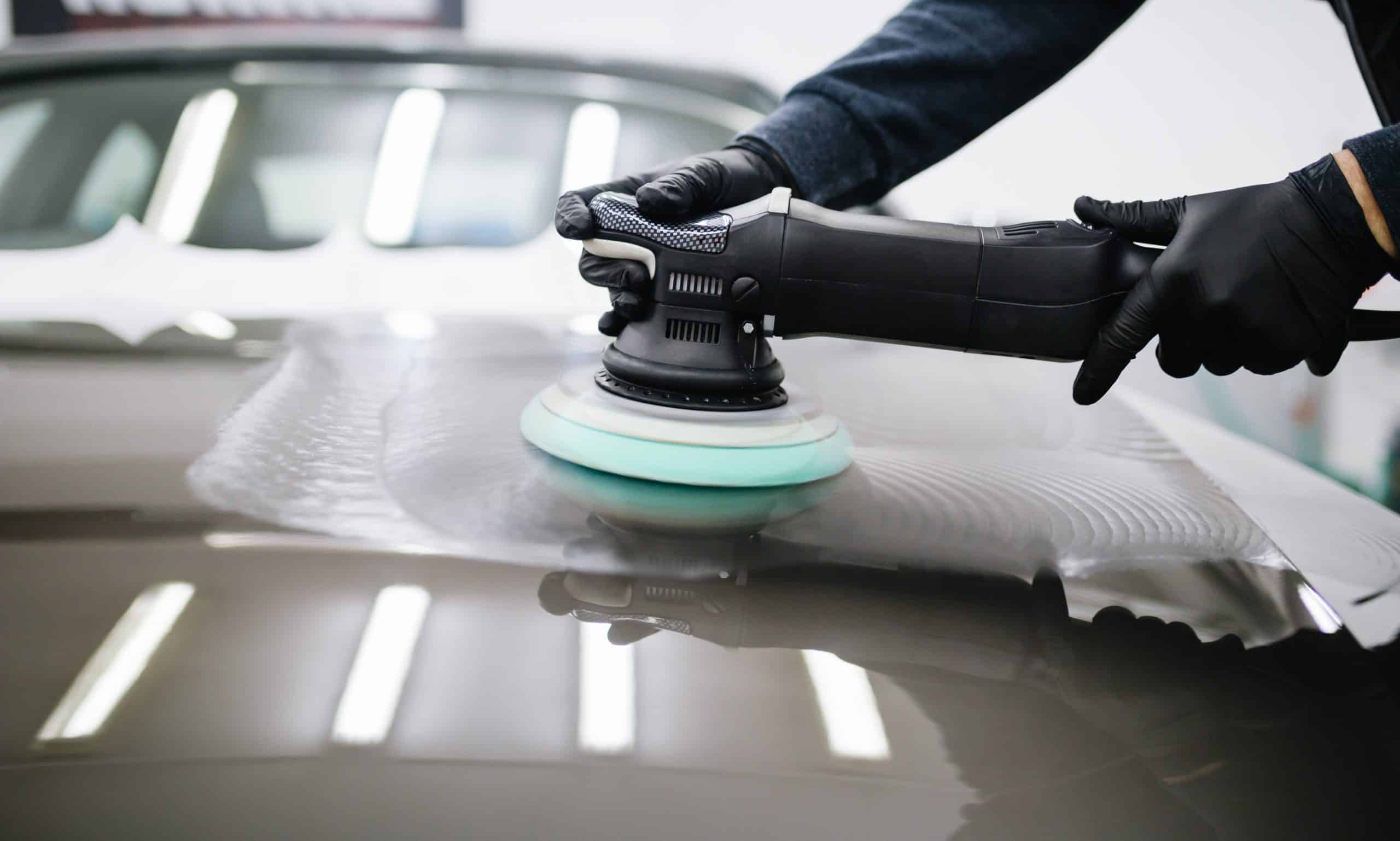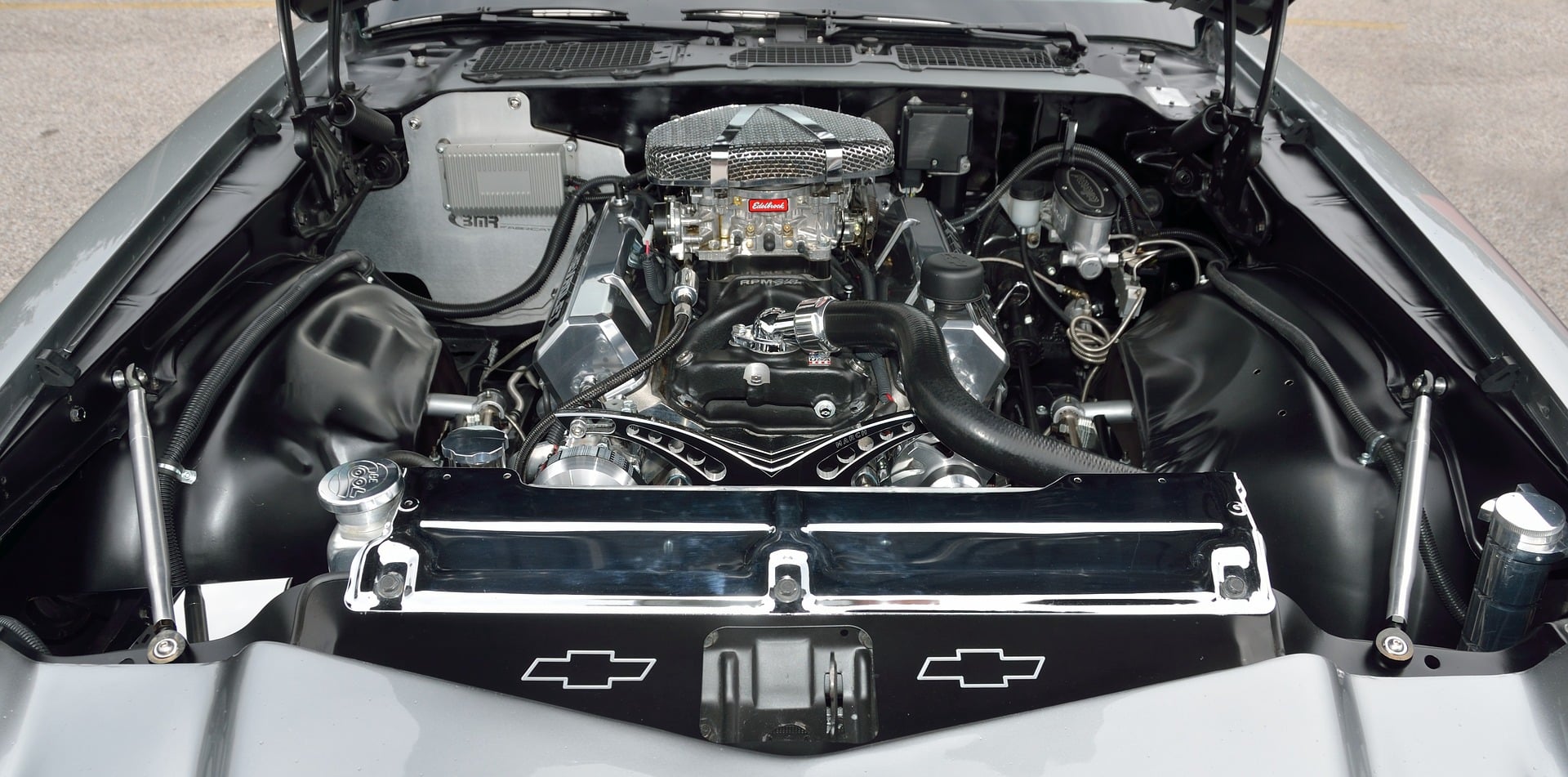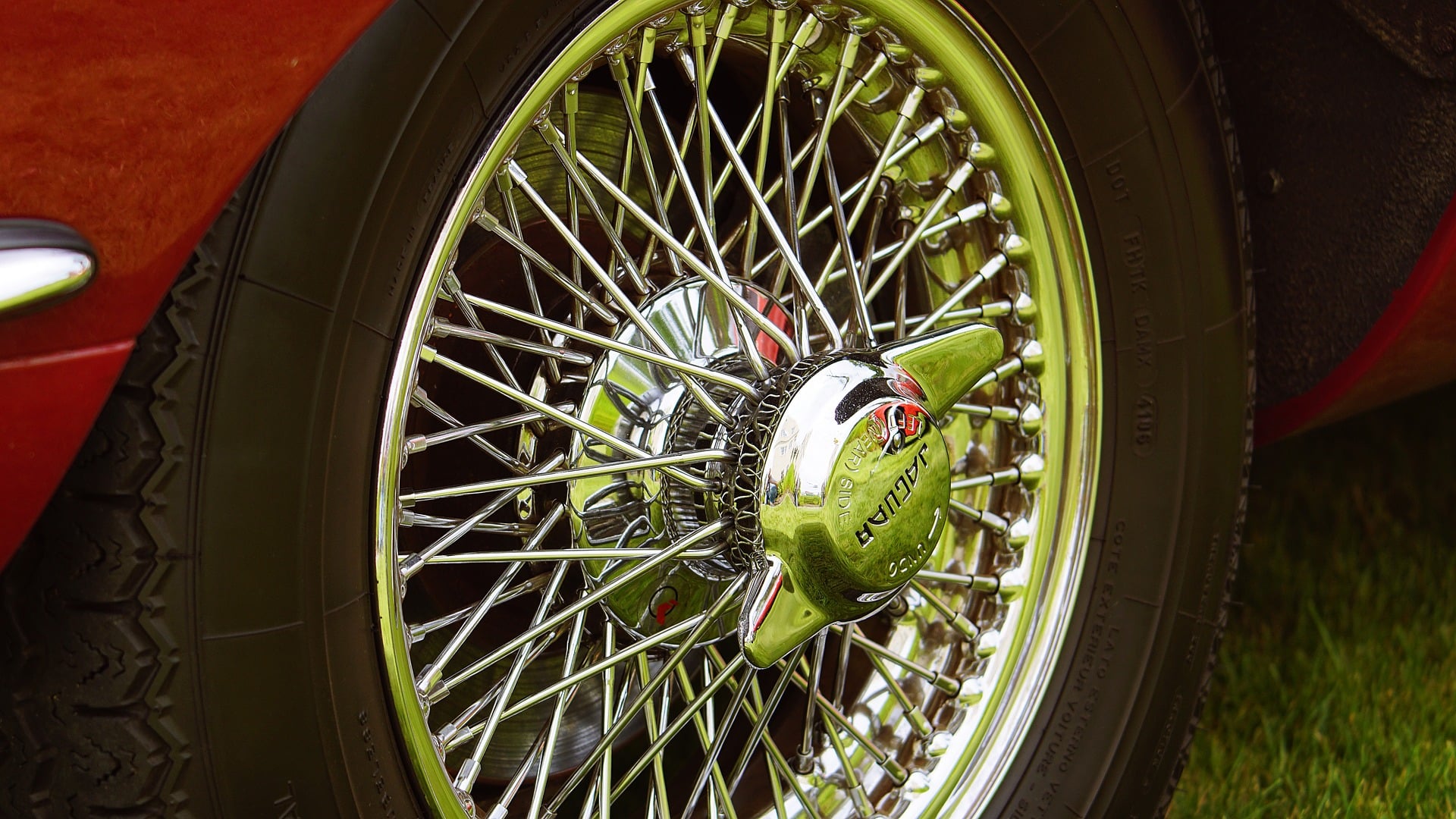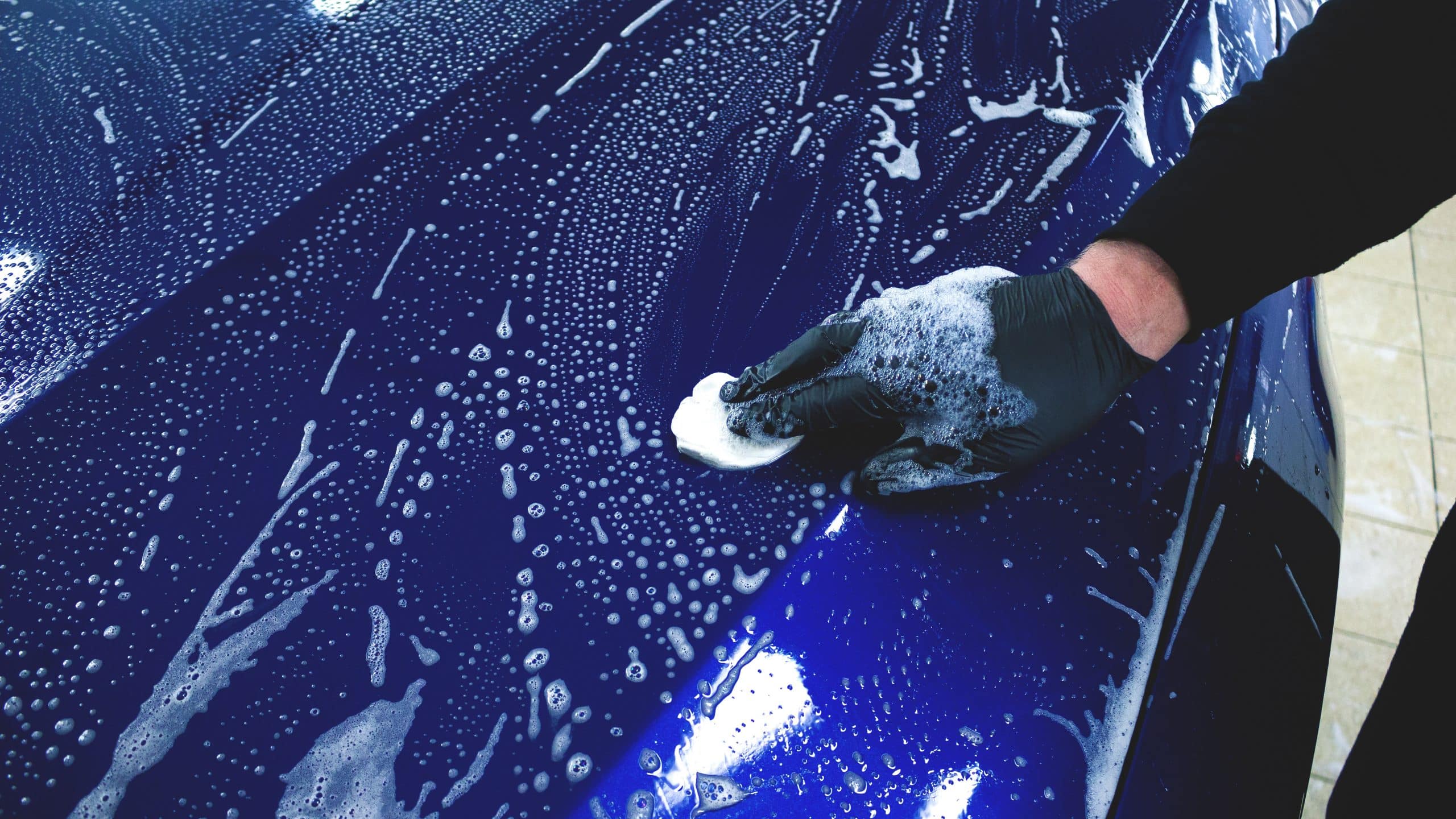In this article, we’ll show you the reasons why your car battery keeps dying and what you can do about it.
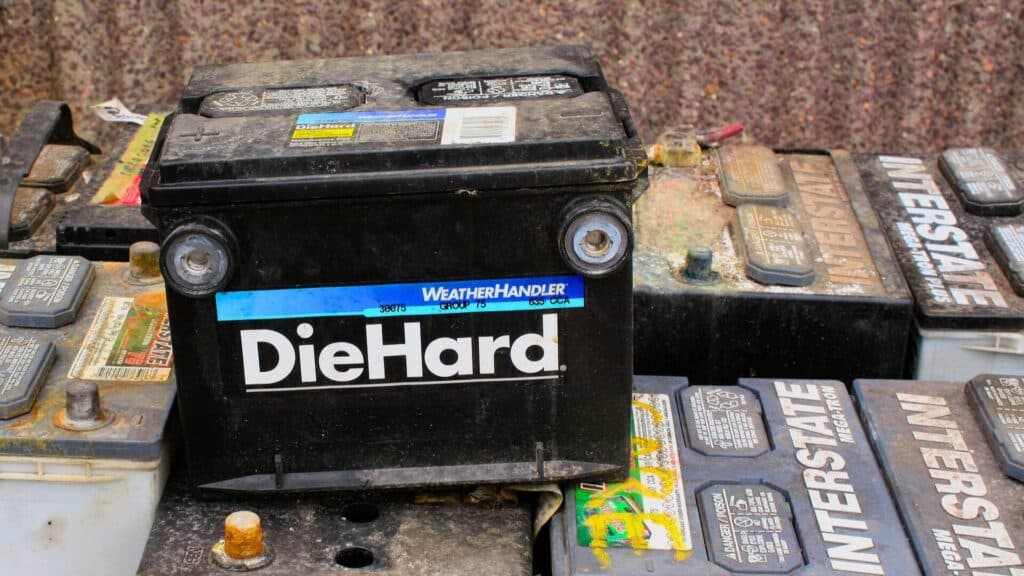
There are a lot of possible reasons why your car battery keeps dying. In case your battery died on one single occasion only but afterwards worked just fine, generally you needn’t worry. Most often, it’s just human error that caused the problem. You may just have left your car lights or radio on overnight for example. Happens to everyone, nothing to worry about.
However, when your car battery keeps dying without any obvious reason, your battery or car electrics might be faulty. Now that’s something you want to solve before you get stranded on the side of the road on a rainy night…
In this article we’ll explain what can cause your car battery to die, hand solutions to fix the problem and we’ll also give tips on how to prevent your car battery from dying in the future.
Why Does Your Car Battery Keep Dying?
There are a lot of possible reasons why a car battery keeps dying: battery problems, problems with your car’s electrical system or plain human error.
If your car battery keeps dying, you might want to check the most likely culprits:
1. Your car battery is too old
As your car battery ages, it weakens and gradually loses its capacity to store energy. When your car battery’s capacity is below what your car needs, it’ll get drained and keep dying. Each time it dies it’ll lose more capacity, and so on. It’s a downhill slope. If your old car battery keeps dying after each time you jumpstart or recharge it, it might be time to replace it.
2. Your car battery is low build quality
There’s a big difference between car batteries. Sturdily built ones can last for many years without causing problems. Cheap, badly designed car batteries from unknown discount brands on the other hand, often cause problems from day one. Their internals may be flimsy quality resulting in bad conductivity and poor performance. This will cause your car battery to keep dying. If that’s the case, you should consider swapping it with a quality car battery that does a better job.
3. Your car battery connections are loose, corroded or dirty
Your car battery terminals constantly pass large current loads from your battery to your car’s electric wiring and from your alternator back to your car battery. If these important electric connections loosen, corrode, or are caked in grime, this can prevent your alternator from decently recharging your car battery. That may be why your car battery isn’t able to sufficiently power your car’s electrics and dies whenever it gets stressed.
4. Your car battery is underpowered
If your car battery has too little capacity by design to power your car’s electrics, it will get depleted and die whenever there’s high power demand.
5. Demanding aftermarket electric accessories deplete your car battery
Your car’s alternator is designed to generate enough electricity to power all your car’s standard electrics and electronics, and then some. However, if you add several power-hungry aftermarket accessories (light bars, audio equipment, a winch, phone chargers, GPS,…) your alternator won’t be able to cope at times when most of them are switched on. That’s when your car battery will have to jump in and supply whatever extra power is needed. However, your car battery can only support this for a short while before it runs out of juice and dies.
6. Your alternator is not working properly
Your car’s alternator generates electricity to power your car and its accessories while keeping your car battery charged. When your alternator malfunctions or quits, your car battery won’t charge sufficiently or not at all and it will die shortly after. Recharging your car battery with a battery charger is only a temporary fix, because your car battery will die again shortly after.
7. The battery type is not suited for your vehicle’s charging system
Different types of 12V car batteries may need different charging voltages to fully charge. Intelligent alternators charge a car battery according to the intended (OEM) battery type. Although some battery types are interchangeable, not all are. If a non-compatible type of car battery is installed in your car, your alternator may not charge it correctly. This can lead to all kinds of problems like undercharging or overcharging. This may well be the reason your car battery keeps dying.
8. Your car battery is continuously being depleted by a parasitic draw
A parasitic draw, also called parasitic drain or “key-off load” drains your battery, even with the ignition switch turned off. With all lights and the radio off, all doors, the boot lid and the hood closed, something is still drawing electrical power.
A parasitic draw can be large or small. It can originate from any lamp, radio, charger or often from a short in the car’s wiring somewhere. Depending on how big it is, a parasitic draw can deplete your car battery over hours, days or even longer periods of time.
If you don’t solve this issue, it will cause your car battery to keep dying for no apparent reason. Each time your car battery dies, its internals get damaged and lose efficiency. Eventually, it will not be able to hold sufficient charge and it will have to be replaced.
Replacing your battery won’t solve the issue though. The new battery will start dying too and won’t last either. The only way to solve this problem is to find and eliminate the parasitic draw.
9. Your car isn’t used frequently
If your car isn’t used frequently and sits unused for days or weeks in a row, your car battery will gradually discharge. Over time, this will cause your car battery to deteriorate. Eventually, your car battery will be so weak that it will keep dying at an increasing rate.
10. Your car is only used for very short trips
To fully recharge the power you’ve used to start your engine while powering all onboard electrics and accessories, your car’s alternator needs on average 30-45 minutes of driving time.
That’s why only driving short trips routinely will drain your car battery. In turn, a drained car battery has to work much harder to cope with electric power demand, which will shorten its life expectancy dramatically and cause it to keep dying.
11. Your car is used in extreme cold and mostly when it’s dark
In extreme cold, a car battery loses up to 60% of its power because its internal electro-chemical process slows down. On top of this, difficult starting and constant use of driving lights during winter time take a toll on your car battery. Because often your alternator won’t have enough driving time to fully recharge your battery, it will keep dying.
12. Your car is used in extreme heat
Extreme heat boosts your car battery’s internal electro-chemical processes, making it age and deteriorate at a much higher rate. This will dramatically shorten your car battery’s life expectancy to the point that it will keep dying no matter what you do.
What to Do When Your Car Battery Keeps Dying
A temporary fix to keep your car on the road is to jump-start your car with a jump starter when it dies. Works every time, and a jump starter is a great cost-effective backup to have in your car trunk or garage whenever you need it. You can use it any time your car battery dies or to help out family, neighbors and friends. It’s your ticket to instant popularity.
However, it’s best to first make sure your car battery doesn’t die anymore by solving the issues that cause your battery to die in the first place:
- If your battery is too old, replace it with a new car battery.
- If your car battery is low build quality, replace it with a quality car battery.
- If your car battery connections are loose, corroded or dirty, clean them.
- If your car battery is underpowered, upgrade it with a more powerful car battery.
- If demanding aftermarket electric accessories deplete your car battery, upgrade your alternator and car battery.
- If your alternator is not working properly, replace it.
- If your battery type is not suited for your vehicle’s charging system, replace your battery with the correct car battery type.
- If your car battery is continuously being depleted by a parasitic draw, eliminate the parasitic draw before installing a new car battery.
- If your car isn’t used frequently, connect it to a battery maintainer when it’s parked.
- If your car is only used for very short trips, take it for a long drive once a week to fully charge your car battery or preferably connect it to a battery maintainer when it’s parked.
- If your car is used in extreme cold and mostly when it’s dark, connect it to a cold climate battery maintainer when it’s parked.
- If your car is used in extreme heat, park it in the shade, under a carport or in an enclosed parking space whenever you can and replace the battery when it starts dying.
Finally, you want to test your battery and alternator (old or new) with a simple multimeter to verify that they are in good working order.
“You can’t improve what you don’t measure.” (William Thomson – Lord Kelvin)
If you have to replace your car battery, check out “How To Change a Car Battery” for simple step-by-step guidelines. However, if you don’t feel confident you can do this yourself or you don’t have the time, an expert auto mechanic can come to your home or office and replace it for you.
Tips to Prevent your Car Battery from Repeatedly Dying
1. Charge your battery with an intelligent battery charger
Whenever your car battery dies, you want to fully charge it with an intelligent battery charger as soon as possible.
Compared to an old-school battery charger, an intelligent one is managed by a processor that senses what’s going on inside your battery and starts to charge it accordingly. These high-tech chargers don’t “force-feed” or cook your battery like the old ones did.
With these modern battery chargers, your car battery will have a fighting chance to recover and live another day without risking irreversible damage.
2. Replace your car battery in time
Car batteries all die eventually. Typically they last between 3 and 5 years, depending on their build quality, use and charging regime. If you require optimal reliability, you want to replace them well in time before they die.
3. Keep your car battery fully charged at all times
You want to keep your car battery fully charged at all times to prevent it from dying. It will also last much longer compared to an undercharged car battery or one that has been stored at a reduced voltage.
So, ideally you want to connect your car battery to an intelligent battery maintainer when it’s parked in your driveway or garage. It’s a small investment that’ll pay for itself in only a few years.
4. Keep your car battery terminals clean and corrosion-free
By keeping your battery terminals clean and corrosion-free, optimal conductivity is achieved which makes it much easier for your battery to supply power and to receive charge from the alternator. This will have a positive impact on your car battery’s longevity.
5. Buy the right type of car battery with the right capacity
When it’s time to replace your car battery, you want to make sure to buy the right type of battery that is compatible with your car’s alternator. If you don’t, chances are your new car battery will soon die too. Also, it has to have the same or more capacity (CCA) as the specifications in your car owner’s manual.
6. Buy a quality car battery
If you’re looking to buy a replacement car battery, you don’t need to buy the most expensive one. However, you don’t want to buy the cheapest one you can find either. Those very cheap, unknown car batteries generally are of questionable quality to say the least.
Make sure to compare all specifications, warranty and compatibility before deciding which to buy. Your best buy will be a quality car battery from a known brand that comes with warranty.
Yes, we know that’s a lot of work, that’s why we already did it for you: check out post about the best car batteries for our selection of best buys.
7. Avoid extreme temperatures
Whenever you can, you want to shelter your car from extreme cold and heat because extreme temperatures take a huge toll on your car battery’s longevity.
A car battery that lives in a car that is usually parked in the shade in summer and indoors in winter will be less prone to dying than the ones that aren’t.
8. Avoid draining your car battery
You want to avoid draining your car battery, because each time she dies, she will lose capacity and become weaker. As your car battery becomes weaker, it won’t need much to die… again…
9. Make sure to always switch off all electrics and accessories
When you park your car, you want to always check that all electrics and accessories are turned off. If one or several are left on, they will cause your car battery to die.
10. Check for parasitic battery draw
It’s wise to check your car for parasitic draw routinely once a year or when your battery dies. That way, you’ll be ahead of the curve and when you discover the parasitic draw in time, you might be able to save your car battery by preventing her from dying repeatedly.
11. Use lower viscosity engine oil in extreme cold
In cold temperatures, your starter motor and car battery will have to work much harder to get your car started because your engine oil thickens, making it much harder to turn over your engine.
If you change your engine oil for a lower viscosity variant (e.g.: 5W-30 > 0W-30), your car battery will have to provide less power to start your engine. This will have a positive effect on your car battery’s longevity and prevent it from dying.


